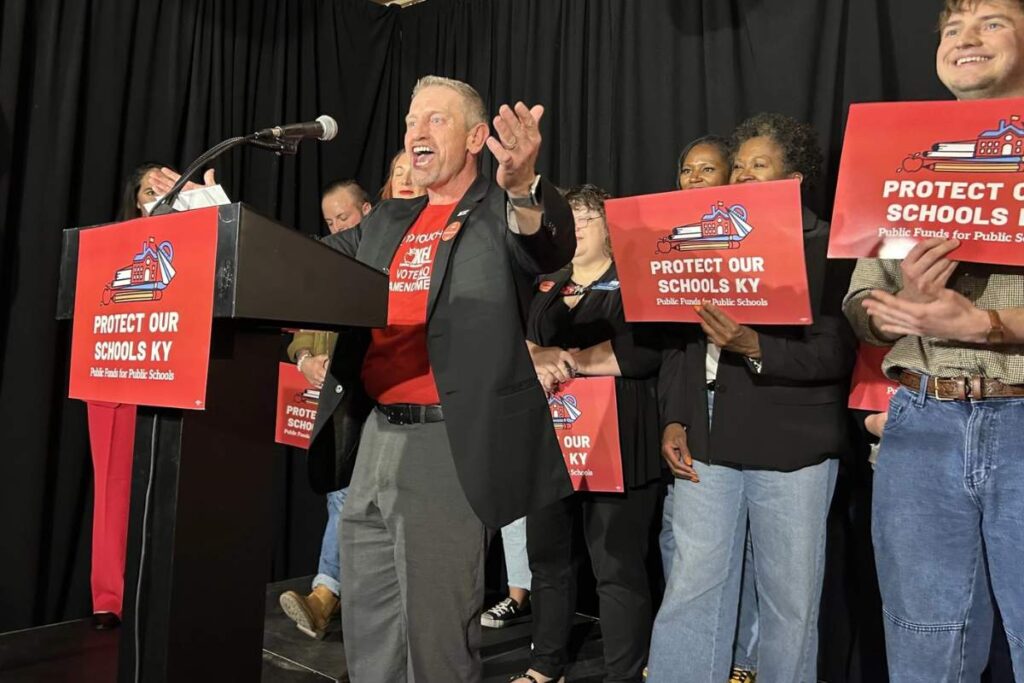Kentucky Voters Stands Firm on Public Education Funding
In a decisive outcome, Kentucky voters rejected Amendment 2, which proposed allowing public funds to support private and charter schools. The Associated Press called the race with no counties voting in favor of the amendment, marking a clear preference to keep tax dollars within public education. Autumn Naegle, President of Kentucky’s Parent Teacher Association, expressed gratitude, stating, “Kentucky’s hearts are in our public schools.” The amendment’s defeat signals resistance to “school choice” initiatives that sought to channel public funds to non-public education options, an effort previously struck down by Kentucky courts as unconstitutional. Proponents of Amendment 2, including the group Kentucky Students First, conceded the loss prior to AP’s call, acknowledging voters’ strong preference for maintaining dedicated public school funding.
Voter Opposition Reflects Financial and Regional Concerns
Amendment 2 faced opposition from various quarters, including Republicans from rural regions who feared it would divert essential resources from rural public schools. Democratic Gov. Andy Beshear also spoke out against the amendment, emphasizing voters’ preference for funding public education exclusively. Beshear underscored the need to address Kentucky’s teacher shortage by boosting teacher salaries and expanding access to early education. Notably, millions of dollars were poured into the campaigns on both sides, with significant funding coming from out-of-state contributors like Pennsylvania billionaire Jeff Yass, who supported the “school choice” movement. In contrast, teacher unions and the PAC Kentuckians for Public Education invested heavily to oppose the amendment, reinforcing the electorate’s decision.
Amendment 1 Bans Noncitizen Voting Amid Minimal Debate
On the same ballot, Kentucky voters overwhelmingly passed Amendment 1, reinforcing a ban on noncitizen voting. This measure adds specific constitutional language to further restrict voting rights to U.S. citizens in Kentucky, despite existing laws that already prohibit noncitizens from participating in local, state, or federal elections. While noncitizen voting had become a contentious topic nationally, Kentucky’s ban serves more as a reinforcement than a new regulation. Other states also considered similar measures in this election cycle, reflecting a growing emphasis on election security. The lack of significant opposition to Amendment 1, and limited financial investment compared to Amendment 2, suggests that the vote served to formalize an already existing restriction.

